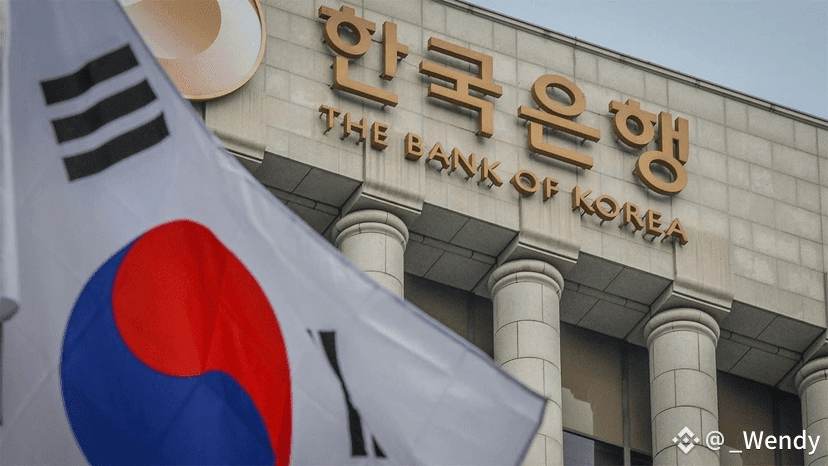South Korea’s central bank is advocating for a phased introduction of won-denominated stablecoins, initially prioritizing regulated commercial banks for their issuance.
Stablecoins Could Significantly Influence Korean Monetary Policy
South Korea’s central bank is advocating for a phased introduction of won-denominated stablecoins, prioritizing rigorously regulated commercial banks for initial issuance. According to Ryoo Sang-dai, senior deputy governor of the Bank of Korea (BOK), this approach aims to manage the potential impact of these digital assets on monetary policy and financial stability.
According to a report, this stance aligns with South Korea’s left-leaning President, Lee Jae Myung, who is reportedly moving to fulfill his election promise to permit companies to issue won-based stablecoins. Myung’s Democratic Party is said to be proposing legislation to establish the necessary regulatory framework, aiming to keep the country competitive in the evolving digital asset landscape.
“It is desirable to first allow banks, which are under a high level of regulations, to issue (won-based stablecoins) and gradually expand to the non-bank sector with the experience,” Ryoo reportedly said.
The senior BOK executive underscored that introducing stablecoins could significantly influence monetary policy and the transaction settlement system. He reiterated previous concerns from BOK Governor Rhee Chang-yong regarding capital flows and stressed the necessity of a robust safety net to prevent financial market disruption and ensure user protection.
Looking ahead, Ryoo confirmed that the central bank plans to consult with major commercial banks to prepare a second pilot test for its central bank digital currency (CBDC) as the new administration’s policy direction becomes clearer. The central bank’s initial CBDC pilot, a joint project with the Bank for International Settlements launched in late 2023, is set to conclude next week.
Reflecting the broader trend of digitalization, Ryoo also indicated that authorities would accelerate market reform efforts to open South Korea’s currency market further to foreign investors, building on a year of extended trading hours and increased overseas participation.
Follow Wendy for more latest updates


